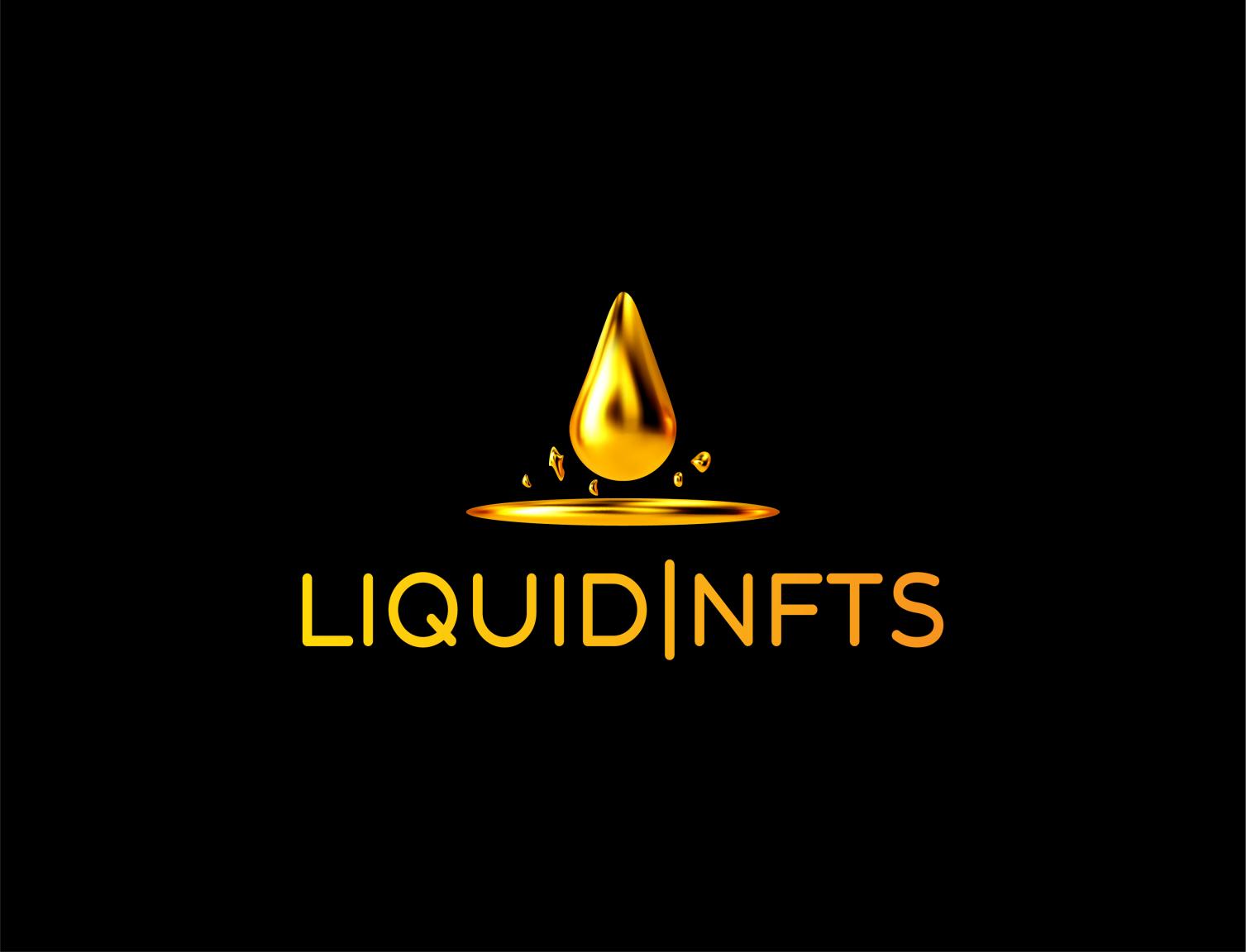Image source: Getty Images
The Haleon (LSE: HLN) share price rose 6% today (29 February) after the FTSE 100 firm released its annual results for 2023.
This was the first full year of earnings from the consumer healthcare giant since it was spun out from GSK in July 2022.
What was so good in the report to send the shares up today? Let’s dig in.
A solid year
In 2023, Haleon’s revenue increased 4% to £11.3bn from £10.8bn the year before. Adjusted constant currency operating profit grew faster, rising 10.4% to £2.5bn, representing a slightly higher 22% operating margin.
However, adjusted diluted earnings per share (EPS) actually fell 6% to 17.3p. Management said this was largely down to annualisation of interest costs and adverse foreign exchange movements.
Meanwhile, net debt was £8.6bn at the end of December. That’s down by over £2bn since its demerger from GSK. So this is encouraging.
Plus, it recently offloaded its Lamisil antifungal business and agreed to sell its Chapstick lip balm brand for $510m.
All in all, I’d say it’s steady away here. The firm is never going to grow gangbusters due to the maturity of the industry and its brands. But there’s reliable revenue and earnings, and a £500m share buyback has been launched to complement the modest 1.8%-yielding dividend.
Setting targets
The reason for the share price jump today is likely related to stronger-than-anticipated guidance.
For 2024, the company said it expects organic growth between 4% and 6%. That was a wider range than the 4.4% analysts were expecting.
Looking further out to the medium term, it’s also targeting annual organic revenue growth of 4%-6%.
And it wants to get its net debt/adjusted EBITDA down from 3 times today to around 2.5 times. A lower ratio suggests that the company will be better positioned to manage its debt obligations.
A defensive stock with strong brands
The company boasts an extensive global portfolio of brands that covers the entirety of consumer healthcare. There’s Panadol pain relief, Sensodyne toothpaste, and Centrum multivitamins.
The diversification in products and geography is one reason to consider investing. And the constant nature of demand for mouth wash, flu remedies and whatnot makes this a defensive stock. So it could play an important stabilising role within a diversified portfolio.
Speaking personally, though, consumer healthcare is probably one area where I don’t show much brand loyalty. I do for my teabags and trainers, but not so much for toothpaste and painkillers. Call me tight, but I normally go for the ones that are on offer!
Of course, the company is now bringing in more than £11bn in revenue a year. So clearly, there’s a strong sense of loyalty among plenty of other consumers. But this issue does keep returning to my mind when I consider whether I should invest.
Also, management said it expects the “challenging” operating environment to remain this year. Could consumers feeling the pinch start trading down to cheaper brands? It’s a possibility.
Finally, the stock is trading at a price-to-earnings multiple of 19. Unfortunately, I don’t see much value at that price, especially when there are so many cheap UK stocks around today.
On balance, I’d rather focus on other FTSE 100 stocks that are disapplying faster growth or have juicier dividends.
Credit: Source link














